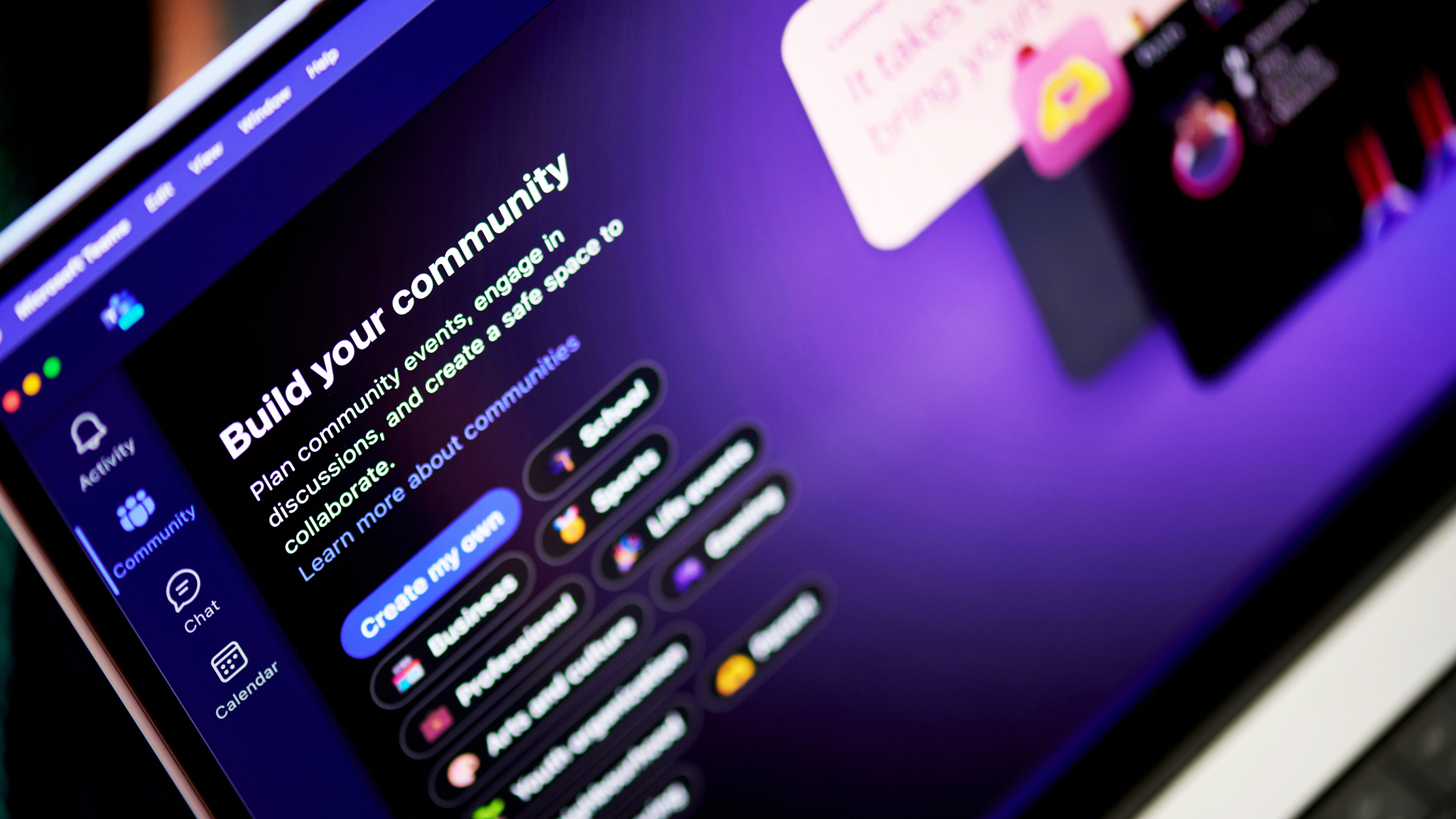Microsoft is serious about hardware, but not for the reasons you think
Microsoft is a hardware company but not in the way you think.
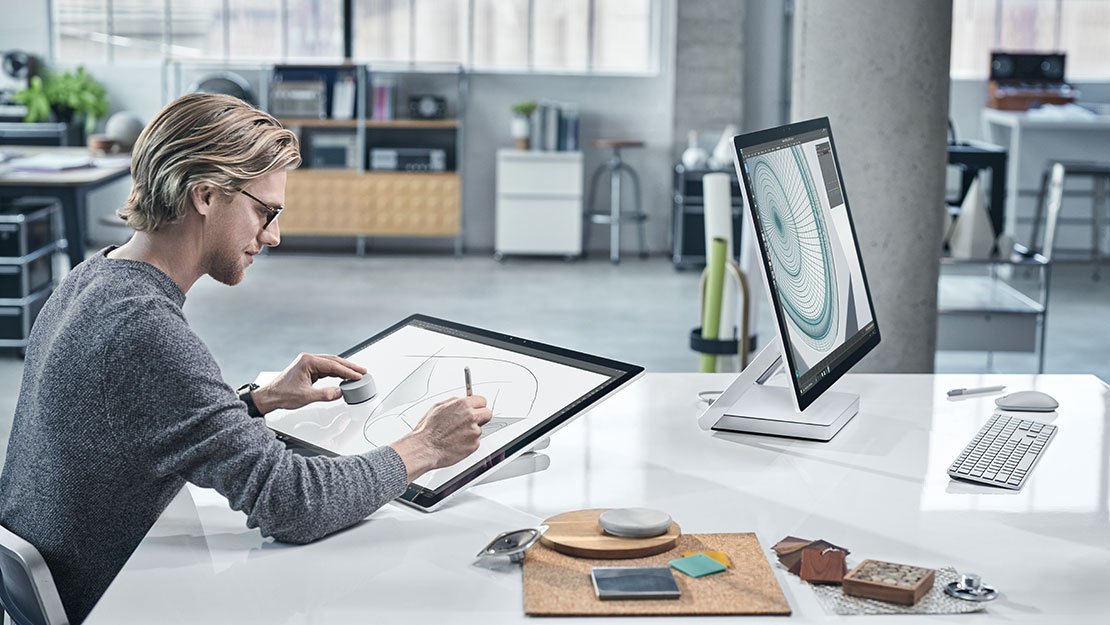
Allow me to clarify. Microsoft isn't strictly, nor even primarily a hardware company. Redmond is a software and services company, but they are dead serious about hardware. And this sincerity is not simply a means to demonstrate to potential partners how their software and services are supposed to work on Window 10 hardware.
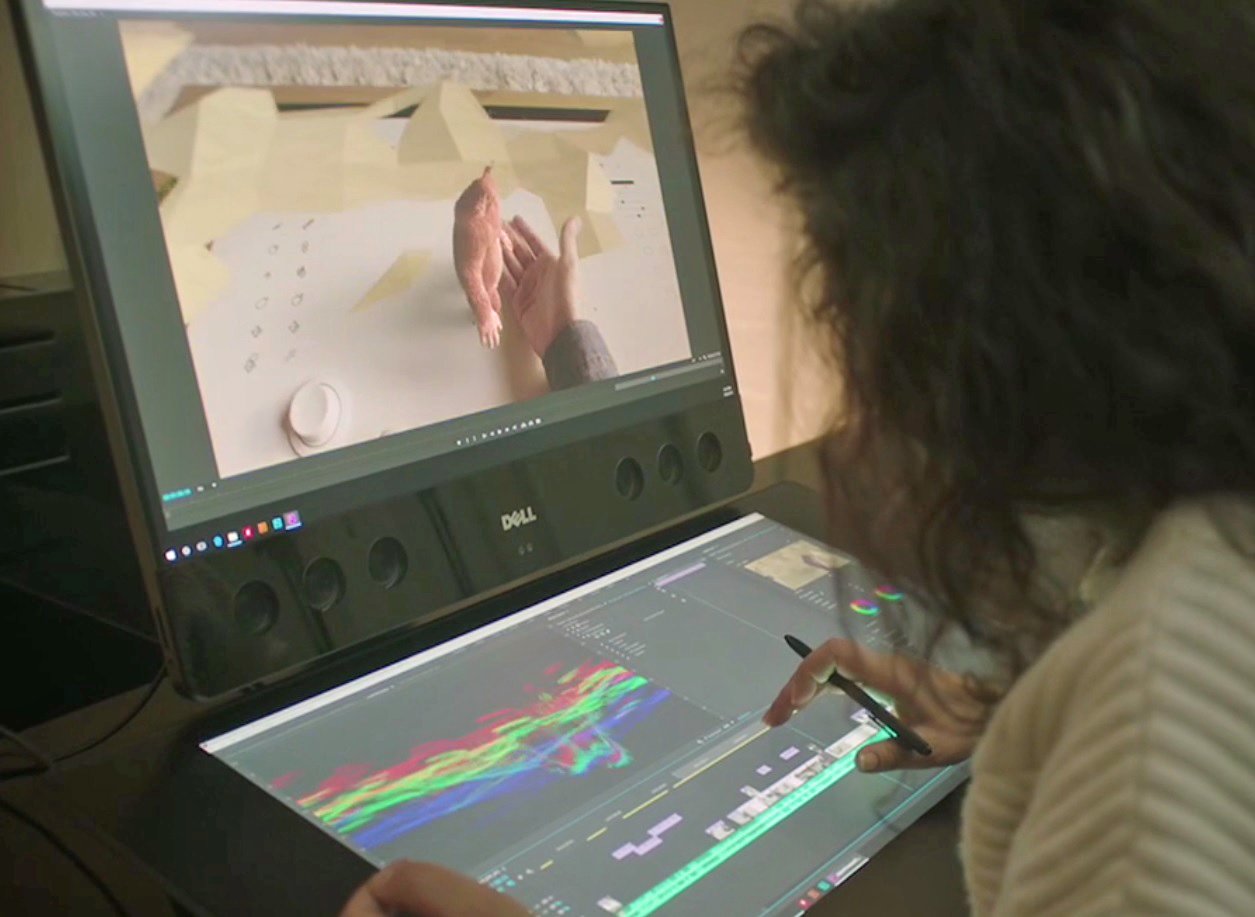
Microsoft's first-party hardware isn't strictly aspirational.
I know that contradicts the prevailing wisdom regarding the purpose of Redmond's first-party hardware. We live and learn. Mary Jo Foley recently posed a question to Microsoft's Windows Chief Terry Myerson regarding Microsoft's continued involvement in hardware:
One of the reasons Microsoft introduced Surface, I think, was because OEMs were doing a terrible job at the time of building compelling devices…But now that Microsoft has shown OEMs how to do it, and they've done it, why is Microsoft staying in hardware now?
Myerson's responses ultimately culminated with:
…we have partners building incredible things, too. And we partner with them on that. But this is different. This is us pursuing our mission to help people achieve their potential.
His statement takes us back to Microsoft's core mission, Satya Nadella's vision, a commitment to a family of devices that began under Steve Ballmer and a cultural shift toward customer obsession. Hardware is integral to Microsoft's mission, not a complementary peripheral strategy.
Microsoft's "do more" vision
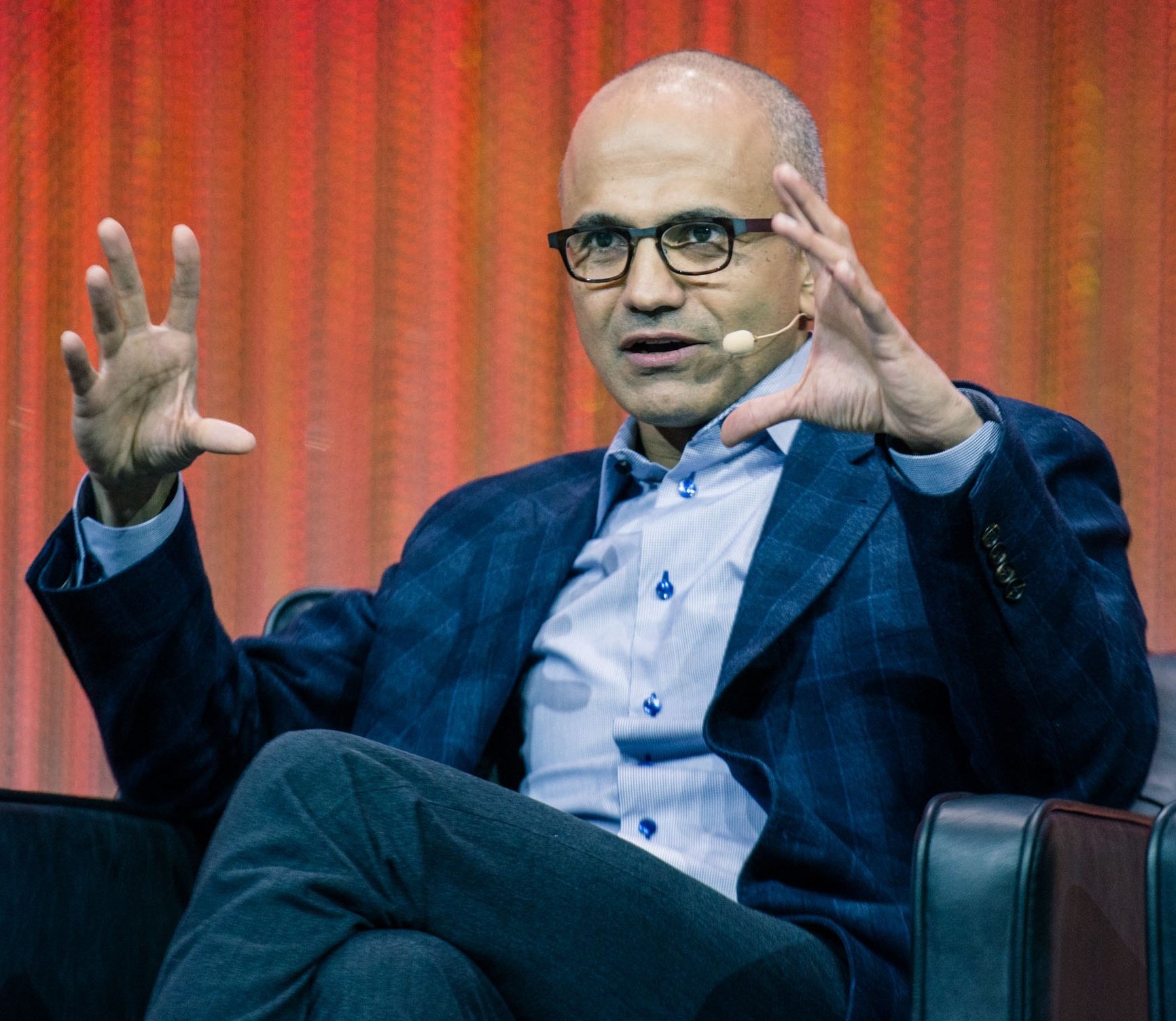
Myerson's assertion that Microsoft's hardware efforts are part of a mission to help people achieve their potential echo's words Nadella shared shortly after he became CEO:
We're the company that enables people to do more, play, have more fun, create more. Sometimes we refer to ourselves as the "do more" company. And I want us to be able to take that focus and innovation forward.
Nadella's "do more" vision includes software platforms, services and the devices that are the portal to those digital tools. Nadella continued:
And that's where our heritage of having been the productivity company to now being the do more company where we get every individual and every organization to get more out of every moment of their lives is what we want to get focused on.
Nadella sees a software-powered world where the delivery of devices and services is critical. He contends that Microsoft, in line with its "do more" strategy, has the best platform to change the world.
All the latest news, reviews, and guides for Windows and Xbox diehards.
A family of devices; passing the baton
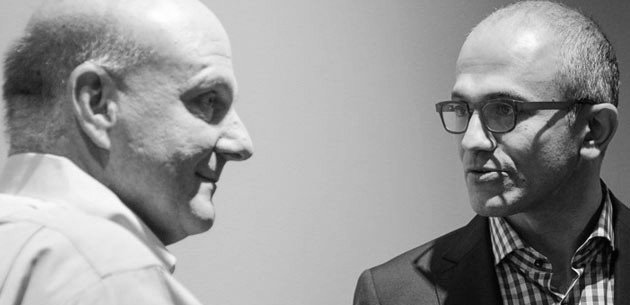
Nadella has continued the vision of his predecessor, Steve Ballmer. Their shared strategic vision is uniquely positioning Microsoft as the provider of a family of devices powered by a common shell.
Ballmer introduced Microsoft's commitment to a family of devices.
In conjunction with its platform of software and services, Microsoft's first-party hardware is integral to their vision for helping users do more. Ballmer articulated this Windows-powered device strategy three years ago:
No technology company has as yet delivered a definitive family of devices useful all day for work and for play, connected with every bit of a person's information available through one cloud. We see tremendous room for innovation in software, services and hardware to bring the consumer this new, more complete and enveloping experience.… Our family will include phones, tablets, PCs, 2-in-1s, TV-attached devices and other devices to be imagined and developed.
Almost two years after Ballmer's statements and one year into Nadella's tenure as CEO, Microsoft launched its family of Windows 10 devices.
The hardware innovation Redmond demonstrated, from Continuum on phone to the Surface Book, and later Surface Studio and Dial, reflects Microsoft's goal to create categories unique to their platform and software strengths. Take note, Redmond is not making hardware for hardware's sake. Hailing back to Nadella's statement shortly after becoming CEO, customers are at the core of Microsoft's innovation.
Customer obsession
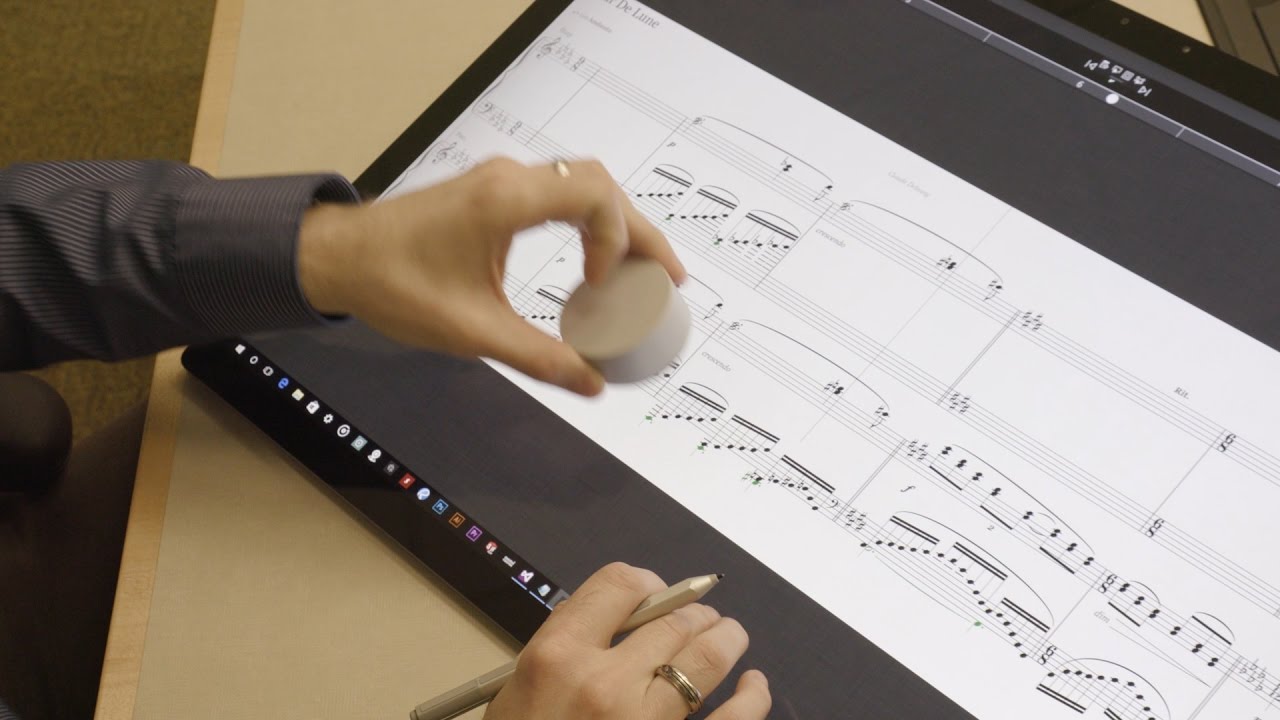
In a statement about Microsoft's commitment to hardware Myerson said:
"By being serious about hardware, it allows us to innovate…It's easy to go create side projects. But to create the Studio or Surface Book, it requires a real hardware effort."
This hardware commitment is inextricably linked to customer satisfaction. A device must solve a problem, or (in line with Redmond's mission) help users "do more." Myerson explains how developing hardware begins with customers:
We start with this mission to empower people to achieve their potential, and their work and play, and we push hard on what we can do in Xbox, what we can do in Surface, what we can do in HoloLens and we do something new.
In an interview with Microsoft's Chris Yu, Mike Tholfsen and Chris Pratley I explored Microsoft's culture shift under Nadella. These men revealed a culture that moved from one of fear of failing to learning from mistakes and to customer obsession rather than chasing competitors. Some of the most profound insights came from Pratley as he candidly expounded on the shifts effects on Redmond's industry position:
….products that make a difference, that are exciting…Brand new groundbreaking things. We've always done good engineering, but if you do it for technology's sake, or business' sake, you are not doing it for customers' sake, and they can tell. There is a certain energy in products that really focus on customers. We had it when I started in the 90s – we were trying hard to establish ourselves as #1 in many categories by appealing to customers to outflank stronger entrenched competitors.It worked, but then our focus started to drift away from end users to business users, to IT, and (outside of places like XBOX) we started to build products for people who were buying for others, not using themselves, and looking to eke out a little more money here and there by optimizing for licensing or sales.Dates and roadmaps and technology and feature checklists and incremental revenue took over.Now we're back to catering to the actual people who use our stuff, the goal is "customer love" and it is quite refreshing.
Ironically, Redmond's current enterprise- versus consumer-focus of Windows Mobile seems to be an unfortunate -unavoidable?- return to a failed strategy in relation to the difficult phone category.
In it to win it
Microsoft's first-party Windows 10 devices are an integral part of the company's mission to help users do more. From the vision communicated by Ballmer, continued by Nadella and articulated by Myerson — "This is us pursuing our mission to help people achieve their potential." — it's clear that hardware is core to Microsoft's long-term business strategy. It's more than an investment to demonstrate optimal hardware and software synergy to partners.
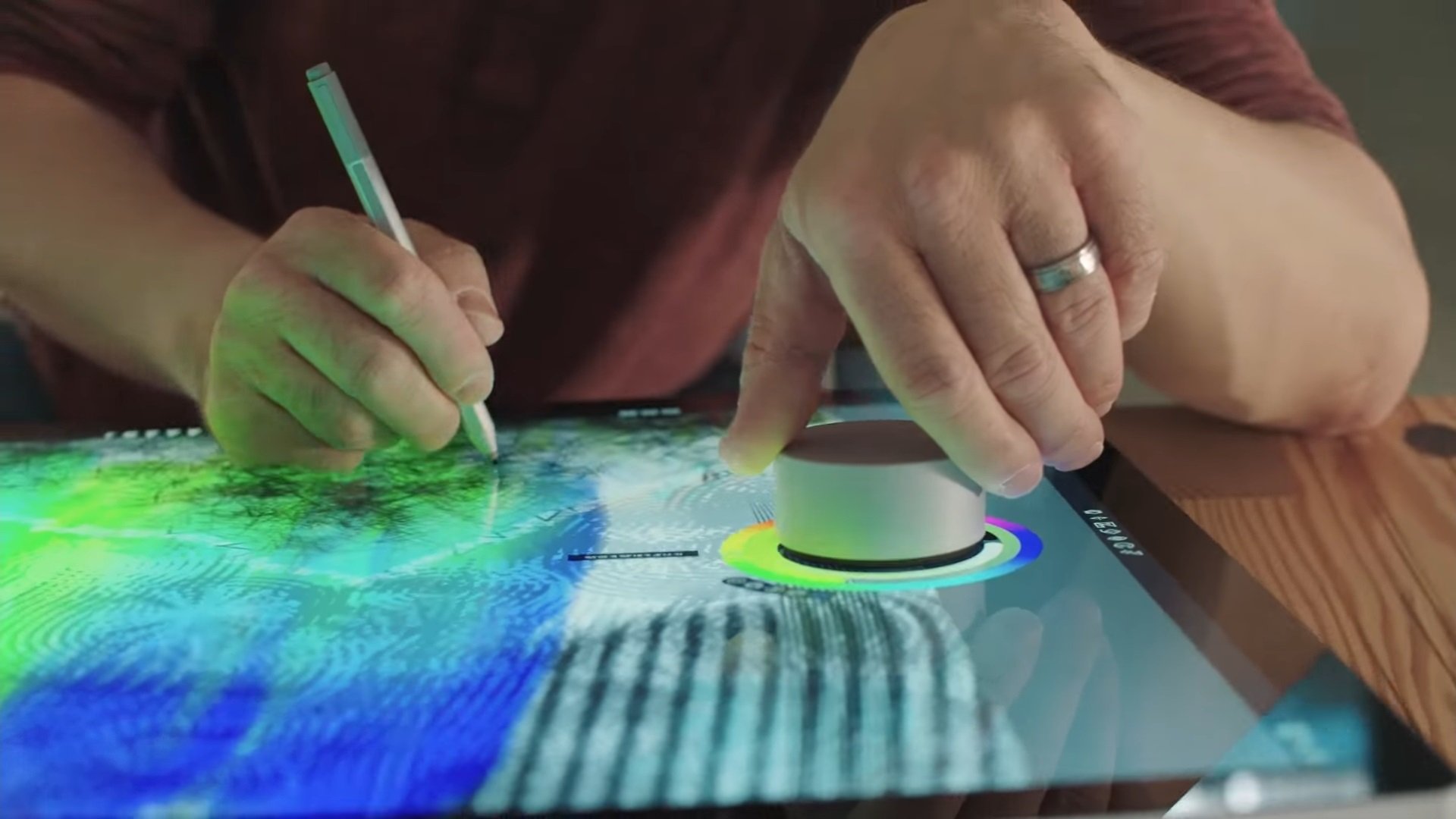
Microsoft is indeed a hardware company, though not in the way that many thought.

Jason L Ward is a Former Columnist at Windows Central. He provided a unique big picture analysis of the complex world of Microsoft. Jason takes the small clues and gives you an insightful big picture perspective through storytelling that you won't find *anywhere* else. Seriously, this dude thinks outside the box. Follow him on Twitter at @JLTechWord. He's doing the "write" thing!
